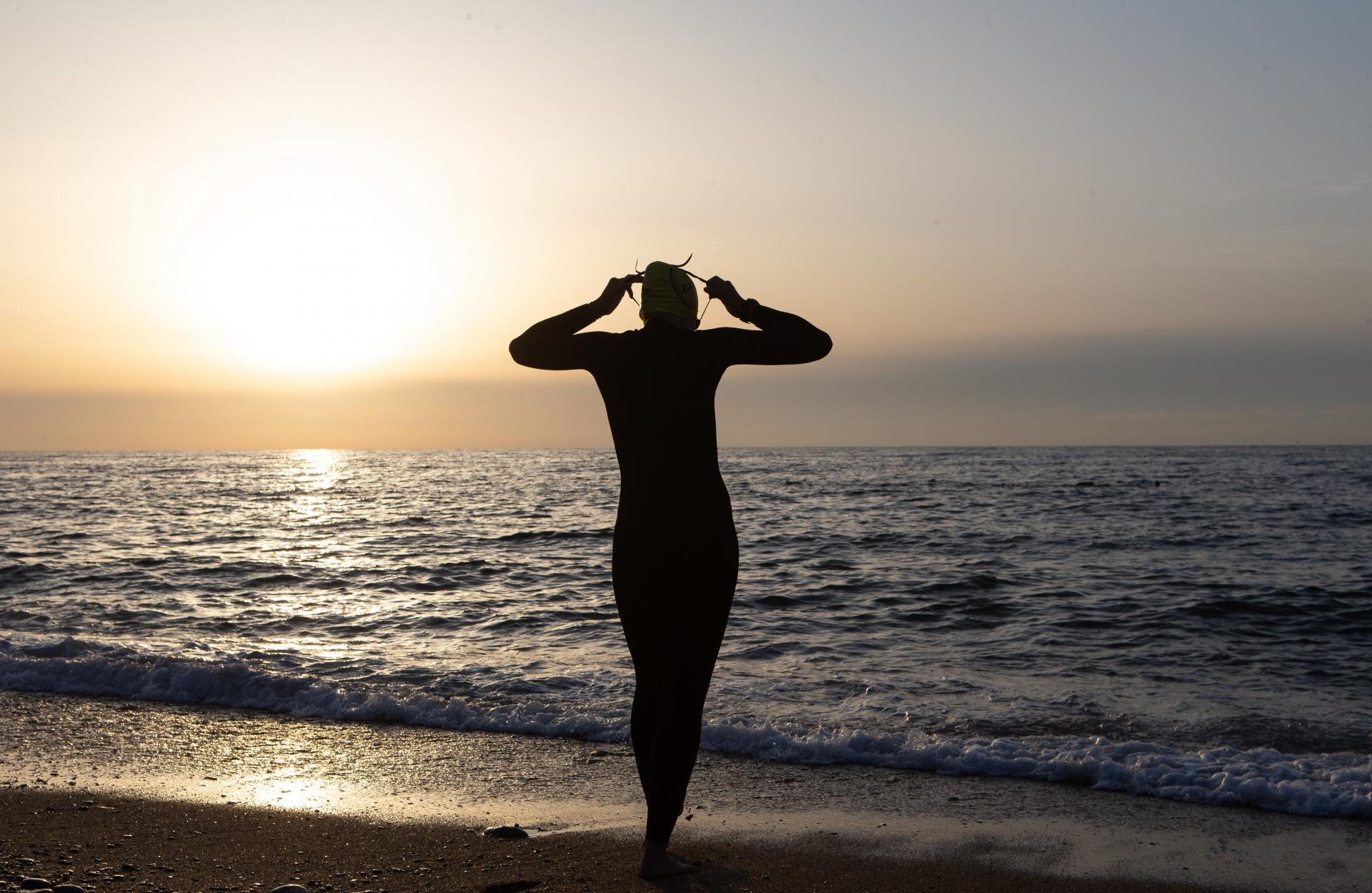The big event on the island this weekend is the Ironman in Alcudia and it is a sport that did pretty well from the lockdown as triathletes around the world were, by and large, able to continue with their training.
Bike shops were allowed to remain open during lockdown last year as they were considered and essential business. As a result, they were swamped, with 1.3 million Brits buying bikes and the number of people running and biking grew.
There were no competitions of course, but the public were encouraged to get out and do exercise to tackle the (still) growing obesity problem (63% of the UK population are now considered overweight or obese) and (fast) growing mental health issues that have been exacerbated by the pandemic.
So far so good, but when it comes to swimming, the clouds start to appear, particularly when you look at the drowning statistics.
The UK has seen an increase in drownings, although it is not the regular swimmers that need rescuing.
At the end of July this summer, 17 people died in a week through drowning, bucking a general downward trend that has ticked up again since the start of the pandemic.
As more people are seen taking up wild swimming, the more people want to get in.
According to the Water Incident Database, last year 254 people died in the UK accidentally from drowning, and half of those people never intended to enter the water in the first place. Inland open waters accounted for 58% of deaths.
Ashley Jones, water safety and drowning prevention manager for Swim England, said, “The swimmer that turns up having acclimatised to cold water, in a wetsuit, with a brightly coloured hat and a tow float is not the problem. The people that we need to do a better job educating are those who, unfortunately, on a hot day decide to jump in spontaneously.”
In response last month, Swim England circulated some alarming statistics that 96% of children aged 7-11 can’t swim 100m or tread water for 30 seconds and are therefore failing the governing body’s standards for swimming competency. But as the chief executive of Swim England, Jane Nickerson pointed out, “Most parents mistakenly think their child is competent in the water if they are able to put their head under and they enjoy jumping into a pool, but that is not the case. There is difference between being confident and knowing what to do if they find themselves in a difficult situation.”
The most worrying finding was that the average child stops swimming lessons at seven and a half years old, a figure that has worsened through the pandemic with pool closures and less in-person contact time in schools. This alarming fact has had a big influence on the statistics of swimming ability of the 7-11 age group when most of them are seven, not eleven.
It comes down to how you define being able to swim.
The standard at Swim England has long been being able to swim 25m by the age of eleven, which over 80% can do, but as any swim teacher will tell you, this is a woeful measure and why the governing body prefer now to use the idea of swim competency which includes floating, treading water and swimming in clothes, like we did when I was a kid in the 1970s and did my Royal Life Saving Society Stage 1, Stage 2, Bronze, Silver, Gold and Honours badges. Back then, we had to swim through hoops and make a flotation device from pyjama bottoms.
Moreover, why is that that kids love to go swimming, but are so turned off the sport at such a young age?
Forward thinking swim teachers don’t just teach swimming.
They introduce games that develop basic skills, include elements of synchro and water polo to make the lessons fun, knowing that the more structured play is included in the lessons, the more likely it is that the children will stay involved.
In Spain, like in the UK, men are three or four times more likely to drown than women, but unlike the UK, the deaths are overwhelmingly from men going to swim in the sea where there is no lifeguard present.
And remember next Sunday is the Mallorca 312 cycle event, so if you are planning to head to the mountains or between Alcudia and Arta that day, it is going to take you a lot longer than expected to get around.

No comments
To be able to write a comment, you have to be registered and logged in
Currently there are no comments.